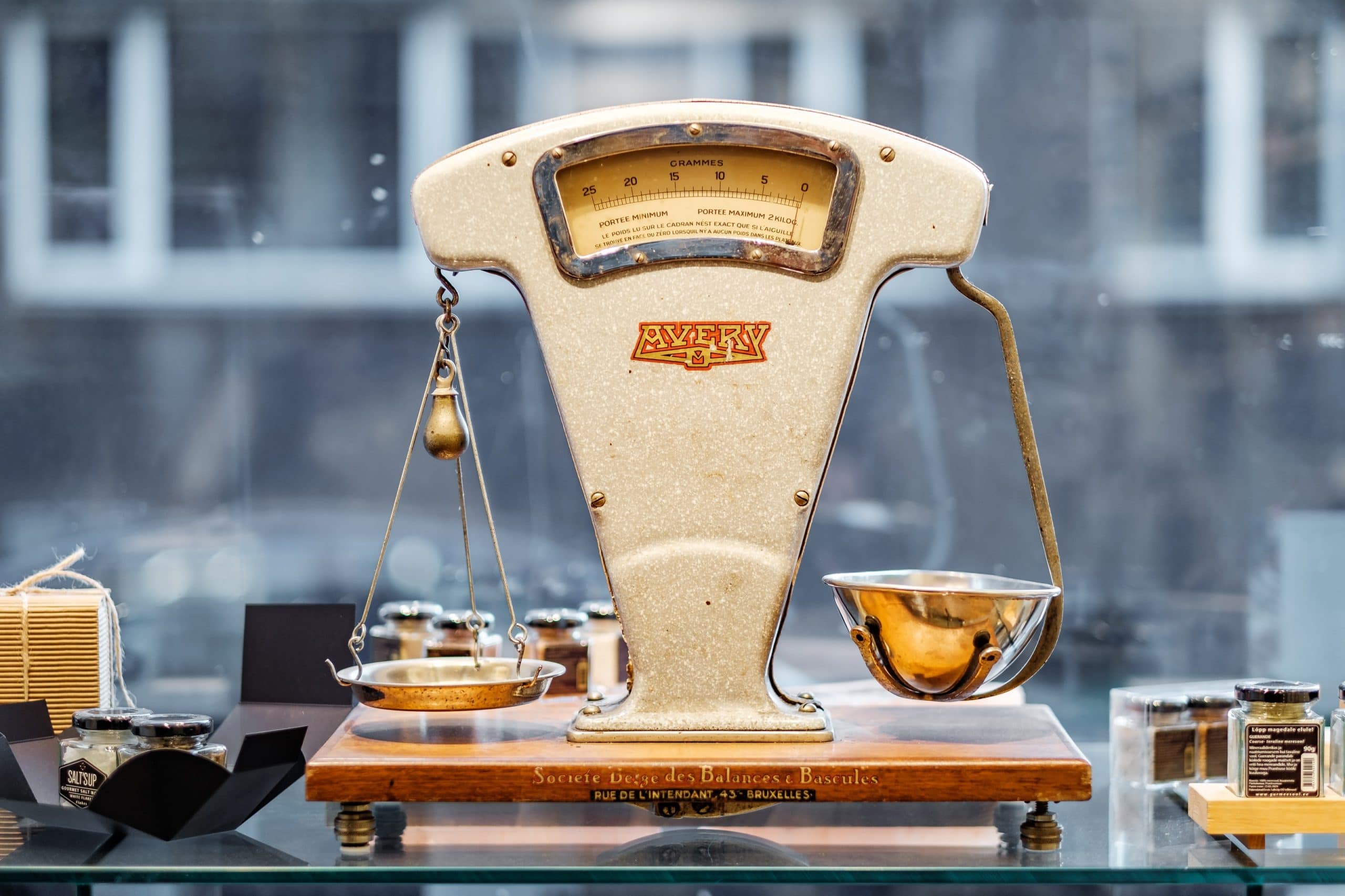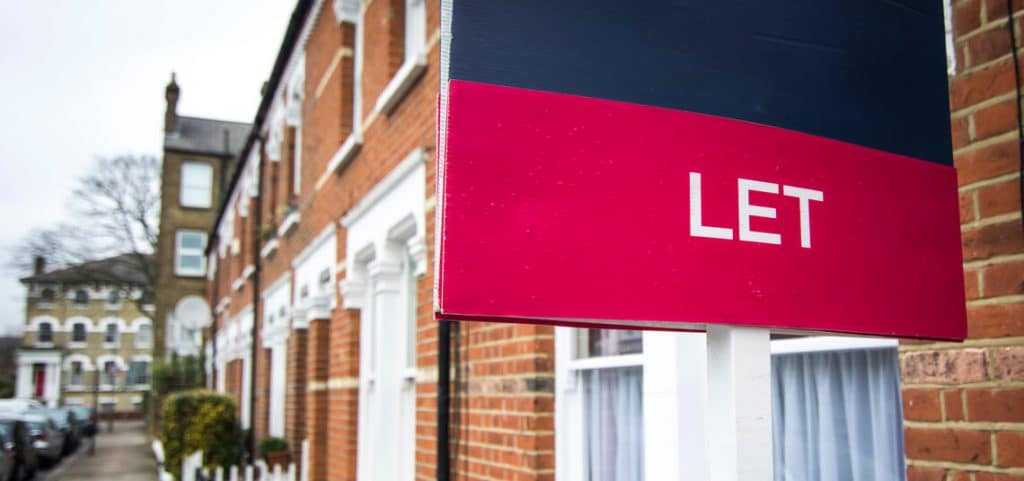You know that feeling you get when you see your Uber rating go up and down? Yeah, well, credit scores are a bit like that, only they’re way more important. That’s because your credit rating, which is determined using a score, has a major impact on how much you can borrow, whether you’re getting a credit card, loan or, you guessed it, a mortgage.
So you can safely assume that a credit score is vital to getting a mortgage on a property. But how does it work and what kind of impact does it have? That’s what we’re here to help with in this guide to help you understand credit scores.
What is a credit score?
Lenders use a tool to help them understand your credit profile. It gives them an idea of how much they can lend someone applying for credit, whether it’s a loan for a car, a mortgage or anything else that requires borrowing money.
It’s called a credit score and is a report detailing a person’s financial and address history, taking into account things like unpaid debts, how much money they owe, how long they’ve lived at their address and whether or not they’re on the electoral roll.
It’s a pretty conclusive profile, though it doesn’t tell lenders everything. For example, they can’t see how much you earn. They only have access to financial elements like how much you’ve borrowed and what you still owe.
The report is generated using a mathematical model to provide a numerical score representative of your credit history. So, a bit like how an Uber driver rates you depending on your behaviour during the journey, only it’s your financial behaviour.
How can I check my credit score?
Fortunately, it’s not only lenders who have access to your score. You can also check your credit report to see whether it’s excellent, good, average or bad. However, this is where it gets a bit complicated, so bear with us.
There are three primary companies who provide a credit score, which means you actually have three credit reports. One of them is with Experian, who is perhaps the largest of the three. The other two are with Equifax and TransUnion.
When a lender performs a credit check, they will use a report from one of these three companies (we use Experian), and you can check your score with each one for free. Still with us? Good, because it gets even more tricky.
Experian and Equifax offer free trials or very basic reports, but that’s about it. If you just want to see your score without any insights, then a free trial might work. If, however, you want a detailed report with information about how you can improve your score, you’ll need to use another company – even though it will use one of Experian, Equifax or TransUnion’s scores.
For example, if you want to check your credit report with Equifax, a company like ClearScore will provide it for you along with detailed information about how to improve your credit. MSE Credit Club uses Experian to give you a free in-depth report, while Credit Karma uses TransUnion.
Once you’ve seen your score, you can start thinking about how you need to improve it. Or maybe you already have an excellent score and you just need to maintain it by keeping up with payments and having a good credit to debt ratio.
How does a credit score impact my mortgage application?
Essentially, the higher your credit score, the better the offers available to you. So if you’re applying for a mortgage with an “excellent” credit score, you can expect products with lower interest rates.
However, it’s not quite as straightforward as that because each lender varies in how they choose to lend. And yet, they do all share some similarities when it comes to examining someone’s credit report. These include:
- Your credit history and public record data to see if you’ve had things like a CCJ or IVA (more on that in a bit)
- Information you have provided on your application form
- Information they already hold on you. For example, you might have a mortgage with a lender and decide to use them again for another mortgage.
Ultimately, a lender wants to know if you can afford the mortgage you’re applying for. And a credit score is one of the ways (though not the only way) they can come to a decision. They’re trying to minimise the risk by looking at your credit history, asking how much you earn and how much you spend.
Credit score for mortgages: do I need a good report?
Let’s put it this way: it helps. A high credit score essentially shows that you’re responsible with money. But it’s not the only factor, as lenders will try and look at the entire picture before making a decision.
You could potentially have bad credit and still get a mortgage. It really depends on the lender and the bigger picture. Here at Molo, we may be able to lend to you even if your credit score needs some improvements, and we always recommend using an online mortgage calculator to get an idea of how much you could potentially borrow.
Find out more about getting a mortgage with Molo if you have bad credit
Is there anything else I should know about credit scores?
We’ve covered the crux of it, but there are a few other bits and bobs to bear in mind. When you apply for a mortgage, the lender may perform an initial soft credit check before doing a hard one later.
Soft credit checks and hard credit checks
A soft credit check is when the lender looks at your credit report without leaving any footprint on it. This means your score is unaffected by their search and it won’t show up to other lenders.
This is important because a hard credit search shows up on your score. Many hard searches can lower your score because it looks like you’re trying to apply for lots of different credit. However, a hard search will be necessary once the application advances.
When does Molo run a credit check?
If you’re applying for a mortgage with us, we’ll run a soft credit check to see if we can give you a mortgage in principle (MIP). If you decide on one of our digital mortgage products, we’ll perform a hard credit check just before issuing your final offer.
CCJs and IVAs
A CCJ stands for County Court Judgment and is a court order registered against you if you fail to pay back money you own. It lasts on your credit score for six years and severely impacts your ability to borrow.
At Molo, we may be able to lend depending on the amount and the length of time that has passed since the judgement. You also need to have no more than £500 of paid CCJs within the last 24 months and no outstanding CCJs.
An IVA stands for individual voluntary arrangement and is a formal and legally binding agreement between you and your creditors to pay back your debts over a period of time.
It has been approved by the court and your creditors need to stick with the agreement.
Credit check pros
There’s a fair bit of information to take into account when it comes to your credit score. But having all of the details to hand means you can make a smarter decision about your lending options. Whether you have a good or bad credit score, you should at least know what it is and how it can impact your ability to get a mortgage.



